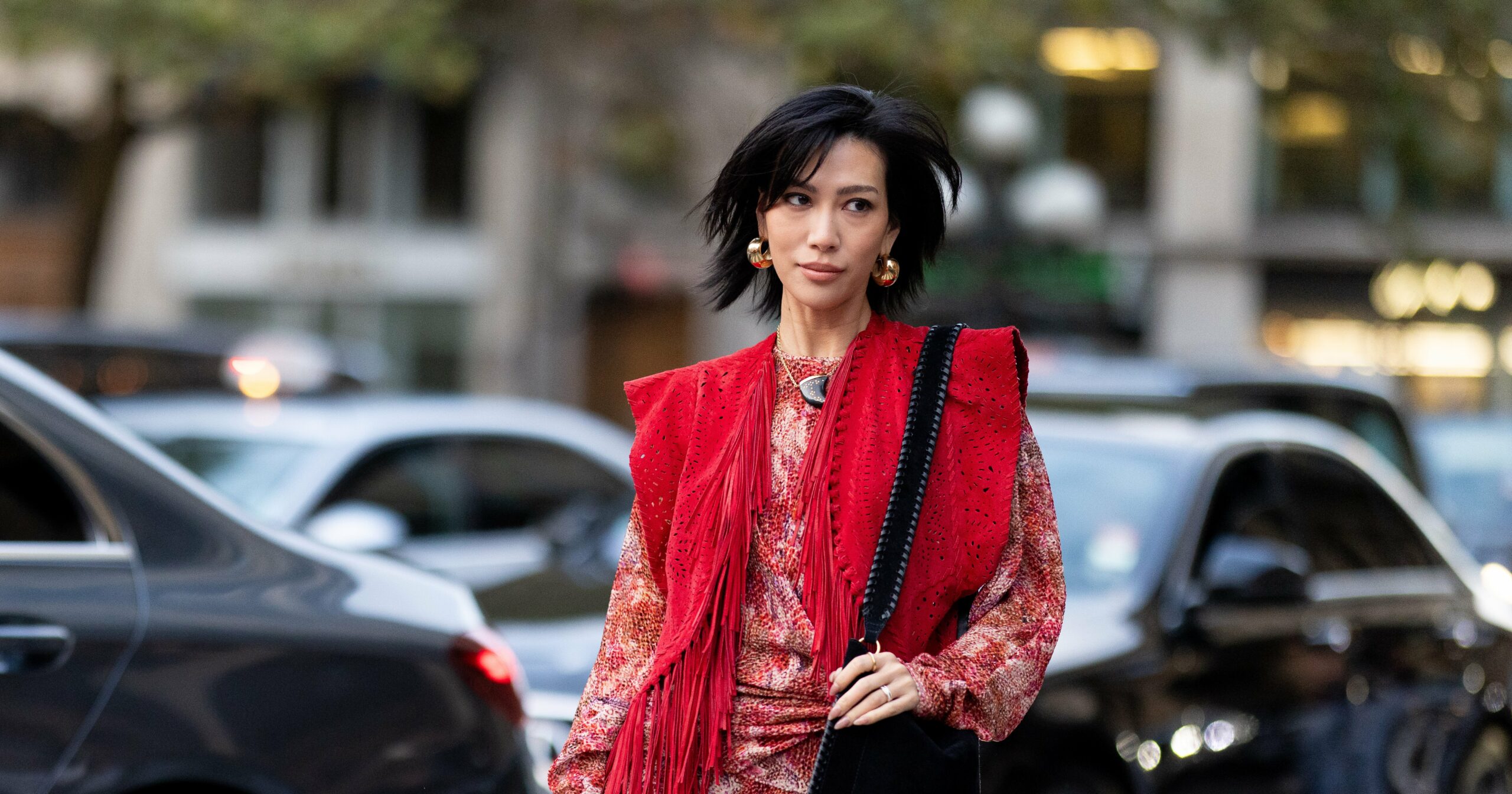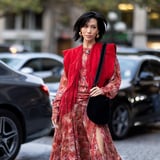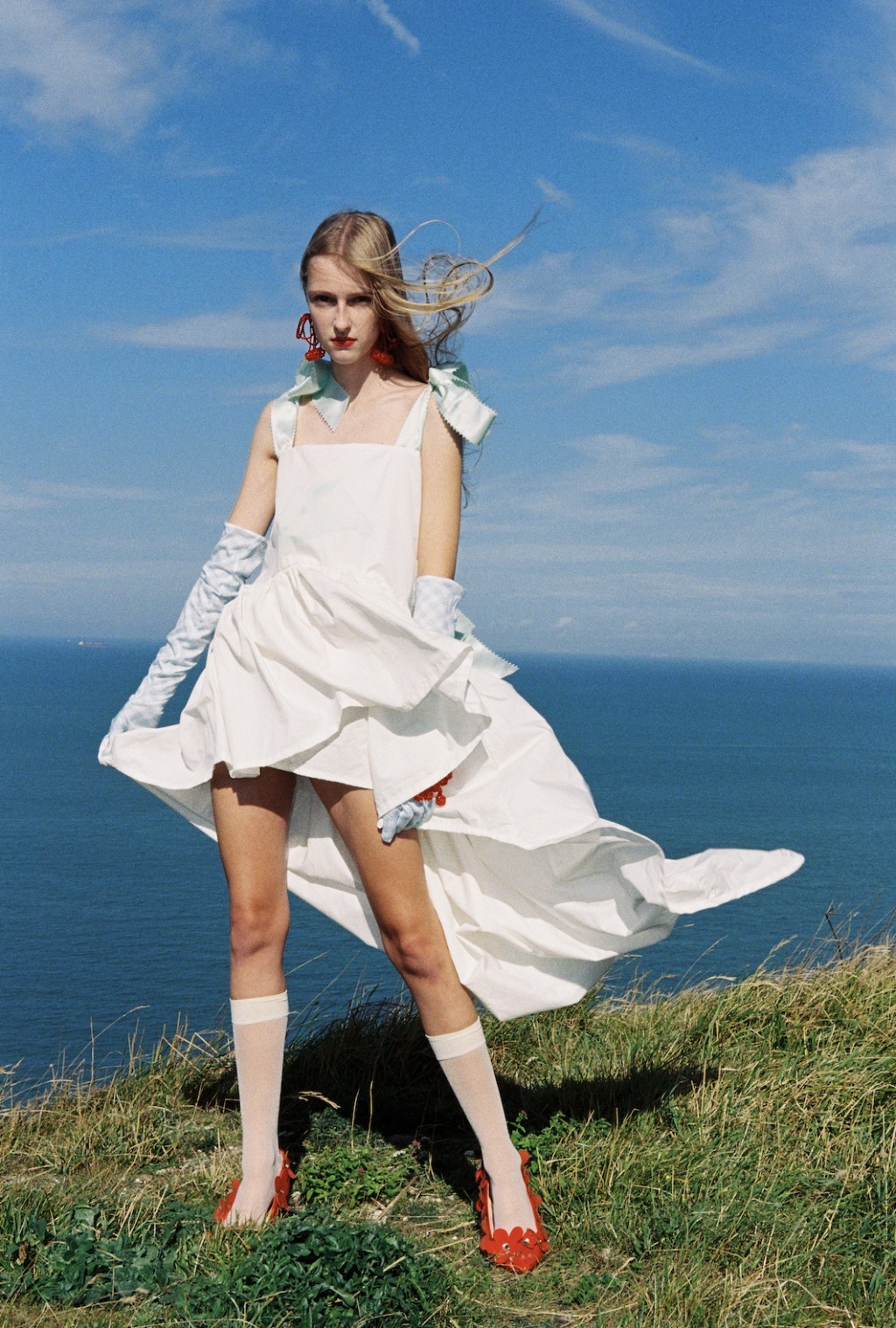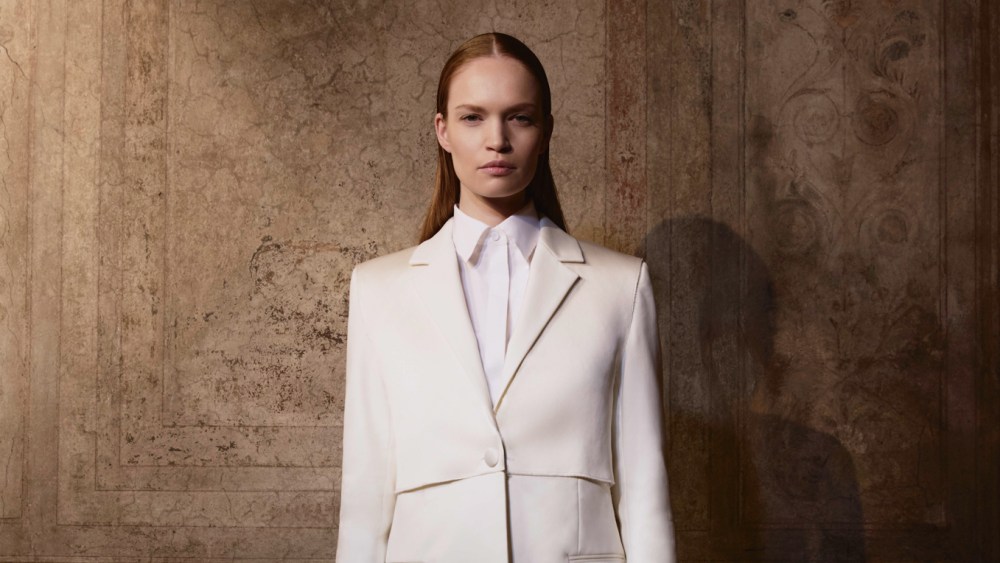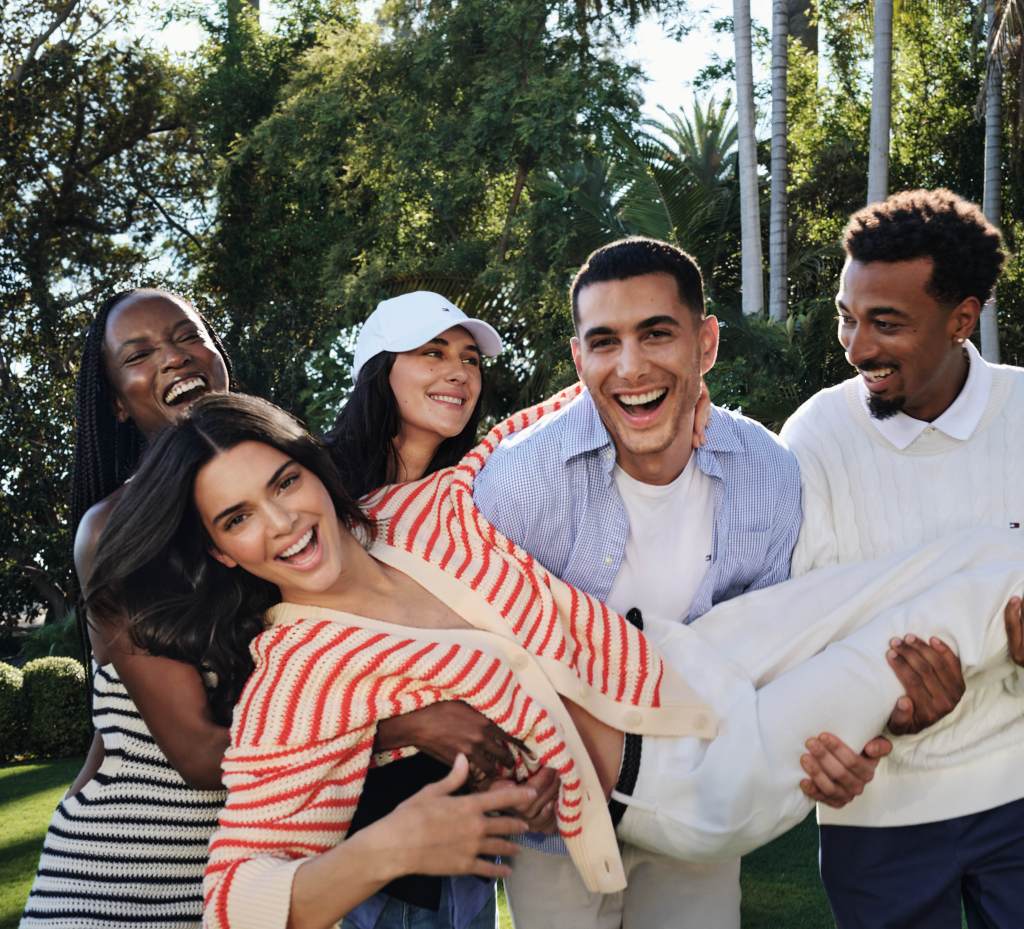No hairstyle better defined the early aughts than side bangs. Credit Ashlee Simpson, Lindsay Lohan, and Hilary Duff as pioneers of what would become such an iconic hairstyle; even Rihanna and Beyoncé rocked the look back in the day. They’re also poised to make a huge comeback, experiencing a total resurgence much like many other nostalgic beauty and fashion looks from the 2000s.
Also nice: They’re easy to style, which is not always the case with other types of bangs, not to mention can be tweaked to look fresher than they did two decades ago. (Although if you want to wear them with a tube top dress over a pair of low-rise jeans, go for it.) In fact, side bangs have potential to become a certified classic in the hair department when done right and according to your hair type.
Here, top industry experts explain exactly how to style side bangs.
Experts Featured in This Article
Andrew Fitzsimons is a celebrity hairstylist and the founder of Andrew Fitzsimons haircare. His regular clients include Megan Fox and Kourtney Kardashian.
Laura Polko is celebrity hairstylist and John Frieda House of Frieda member who works with Gigi Hadid and Hailee Steinfeld, among others.
What Are Side Bangs?
Aptly-named, side bangs are bangs that sweep across the forehead on one side, styled diagonally to create a soft, angled look, says celebrity hairstylist Andrew Fitzsimons. While you generally see side bangs graze the top of the brows on one side, Fitzsimons says you can opt for a length that works best for you. “Unlike straight-across fringe or curtain bangs, which part in the middle and frame both sides of the face, side bangs flow in one direction and can be customized on different faces to shift the focus to different features based on placement,” he says.
Rest assured, the style works for all hair types. If you have thicker hair, side bangs can help remove bulk and weight. If your hair is thinner, they can help add volume. You can rock side bangs if you have curls as well, so long as you style correctly, notes Laura Polko, a celebrity hairstylist. (More on that later.) Additionally, if you’re experiencing full-on hair loss, Polko notes that a curtain bang, which will offer more coverage, is a better option. But that caveat aside, pretty much anyone and everyone can try side bangs.
This also applies to face shapes, as side bangs can work on for round face shapes just as much as they can oval, square, or otherwise. “It’s really all about creating a contrast between your natural features and the hairstyle,” says Fitzsimons. “If you have a round face, strong, side swept bangs will really complement your features. The angle of the bangs will elongate your face and give it that sharpness it doesn’t necessarily have already. On the other hand, soft, wispy side bangs will balance out sharper features on those with longer or more angular face shapes.”
How to Style Side Bangs
There are countless ways to wear a side bang. “Some of my favorite [looks for side bangs] are sleek and polished, defined curly, and pulled back into a ponytail, emphasizing the strands in the front to frame the face while pulling back the bulk of hair,” says Fitzsimons. As a general rule of thumb, turning to hot tools is the easiest way to keep your fringe looking polished. Both experts we spoke with note that there are two ways to do so, with a blow-dryer and a straightener.
. . . With A Blow Dryer
For when you want more of a wind-swept, voluminous look, Fitzsimons recommends grabbing a blow dryer and focusing on direction and heat control. He likes using a round brush, pulling the bangs forward and to the side as you dry them. For added volume, lift the bangs at the root, then pull the brush downwards in the direction you want your bangs to fall. (Don’t want to bust out the blow dryer? Fitzsmons recommends a heated round brush, like the WavyTalk Thermal Brush ($50), which he says is effective for reducing frizz as it dries the hair.) Lock it all in with a spray like the Andrew Fitzsimons Après Sexe Texture Spray ($16) for a tousled, lived-in look, he says.
. . .With A Flat Iron
While styling bangs with a flat iron is similar to using a blow dryer, there is a slight difference in the finished look. A flat iron creates a more clean cut, shinier finish, notes Fitzsimons. Polko recommends prepping hair with a styling cream, like the John Frieda Frizz Ease Secret Weapon Touch Up Creme ($9) before using the flat iron, which will both help further smooth strands and act as a heat protectant. Section your bangs into two or three pieces (depending on how thick your hair is), and work through one at a time with the flat iron, moving it in the direction that you want your bangs to go.
How to Style Side Bangs If You Have Curly Hair
Fitzsimons says that it’s important to work your natural curl pattern to avoid frizz and maintain definition. He advises starting with damp hair and adding a leave-in conditioner or curl cream to help curls keep their shape and retain moisture. Next, grab a dryer with a diffuser, like Pattern by Tracee Ellis Ross’s The Blow Dryer ($189), and scrunch the curls upward as you dry your bangs, blow drying down and to the side you want them to fall.
Audrey Noble is a beauty writer who covers breaking news, writes celebrity profiles, and does deep-dive features about the ways race, gender, sexuality, and other forms of identity impact society via the beauty industry. Previously, she was the beauty reporter at Allure and has held editorial positions at Vanity Fair and Refinery29. Audrey’s work can also be seen in PS, Vogue, Harper’s BAZAAR, Bustle, InStyle, WWD, and more
